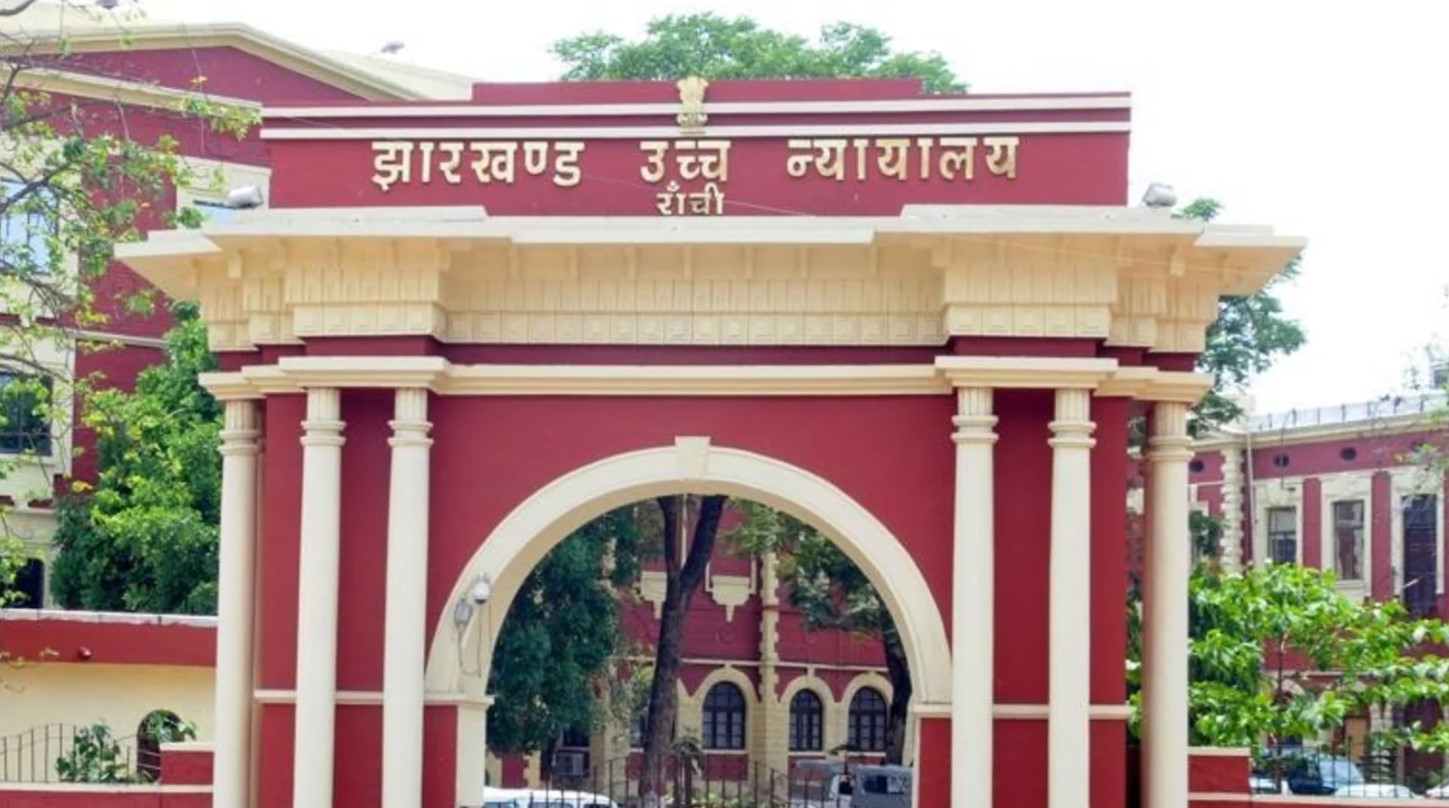


In a recent significant ruling, the Supreme Court of India has set aside a judgment passed by the High Court of Jharkhand, which had previously quashed a summoning order and the corresponding criminal proceedings against M/s SS Infrastructure Co and its partners. The case, Criminal Appeal Nos. ______ of 2024, stems from accusations of forgery and fraudulent practices in securing a government contract for the Namna Ankiat Project under the Jinjoyi Irrigation Scheme in Palamau, Jharkhand.
The appellant, Dharambeer Kumar Singh, originally lodged a complaint under Section 156(3) of the Code of Criminal Procedure, 1973, against M/s SS Infrastructure Co and its partners. This led to the registration of FIR No. 38 of 2019, where it was alleged that the respondents had committed offenses under Sections 384, 389, 406, and 420 read with Sections 34 and 120B of the Indian Penal Code, 1860. The core accusations were two-fold:
The contract in question, valued at approximately Rs. 35.18 crores, required bidders to demonstrate past construction experience worth Rs. 18.40 crores. It was alleged that M/s SS Infrastructure Co falsely claimed to have such experience by submitting forged documents, thereby securing the contract.
Santosh Kumar Choudha sought anticipatory bail from the High Court of Jharkhand, which was denied due to the serious nature of the allegations. The High Court observed that custodial interrogation was necessary given the gravity of the fraud. Despite these findings, the High Court later quashed the summoning order and criminal proceedings on the basis that the documents submitted by the appellant were forged, and Santosh Kumar Choudha was not involved in the forgery.
The Supreme Court, upon hearing the arguments and reviewing the documents, noted several critical points overlooked by the High Court. The apex court emphasized that at the stage of summoning, the trial court is only required to determine whether a prima facie case exists, not to appreciate the evidence in detail. The Supreme Court stated,
"The High Court has delved into an aspect which was absolutely not warranted and has exceeded its jurisdiction. The aspect about complicity of a person who was involved in the forgery is a disputed question of fact and the same will have to be addressed after a proper appreciation of evidence which can be done only during trial and not at such a nascent stage when summons is served."
Furthermore, the Supreme Court highlighted that despite any criminal antecedents of the appellant, the respondents could not be absolved of their criminal liability if they were the beneficiaries of the fraudulent contract. The bench clarified,
"Admittedly respondents are the beneficiaries and merely because the appellant was an equal mischief player and/or a person having criminal antecedents at his credit by itself will not absolve respondents from the criminal liability as alleged against them. Least to say, 'Two wrongs do not make a right.'"
The Supreme Court quashed the High Court's decision and remanded the matter back to the Judicial Magistrate, 1st Class, Palamau, to proceed with the trial in accordance with the law. The court concluded,
"We hereby quash and set aside the Judgments passed by the High Court of Jharkhand and remand back the matter before the Ld. Judicial Magistrate for proceeding with the trial in accordance with law. The accused persons are to face trial for offences in which they are charge sheeted. However, it is observed that all the contentions and defences, which are available to the respective parties are kept open, to be considered by the learned Trial Court during the trial."
This ruling underscores the judiciary's commitment to ensuring that allegations of serious fraud and forgery are thoroughly examined and adjudicated upon in the appropriate legal forums.
TAGS: Supreme Court Jharkhand High Court Fraudulent contract Forged documents Criminal proceedings Namna Ankiat Project Section 156(3) Summoning order